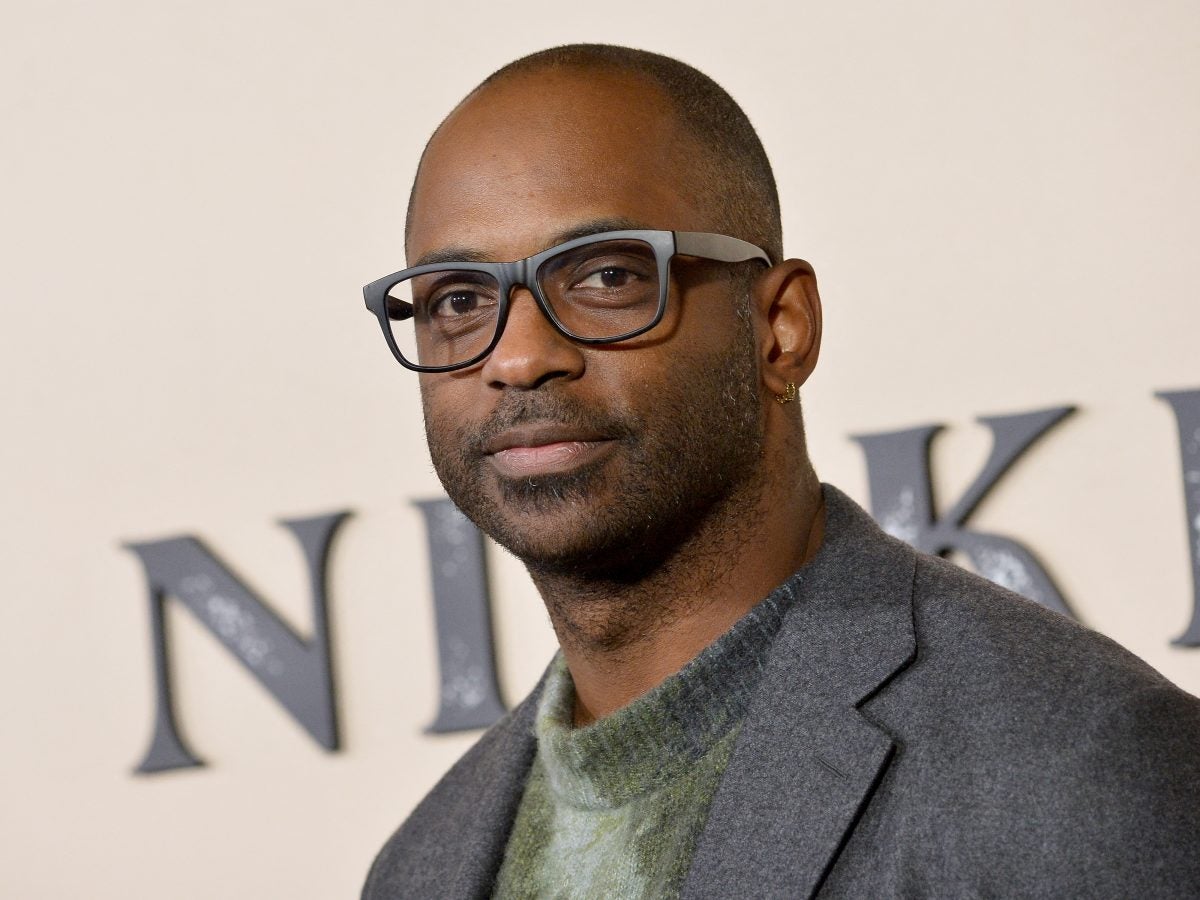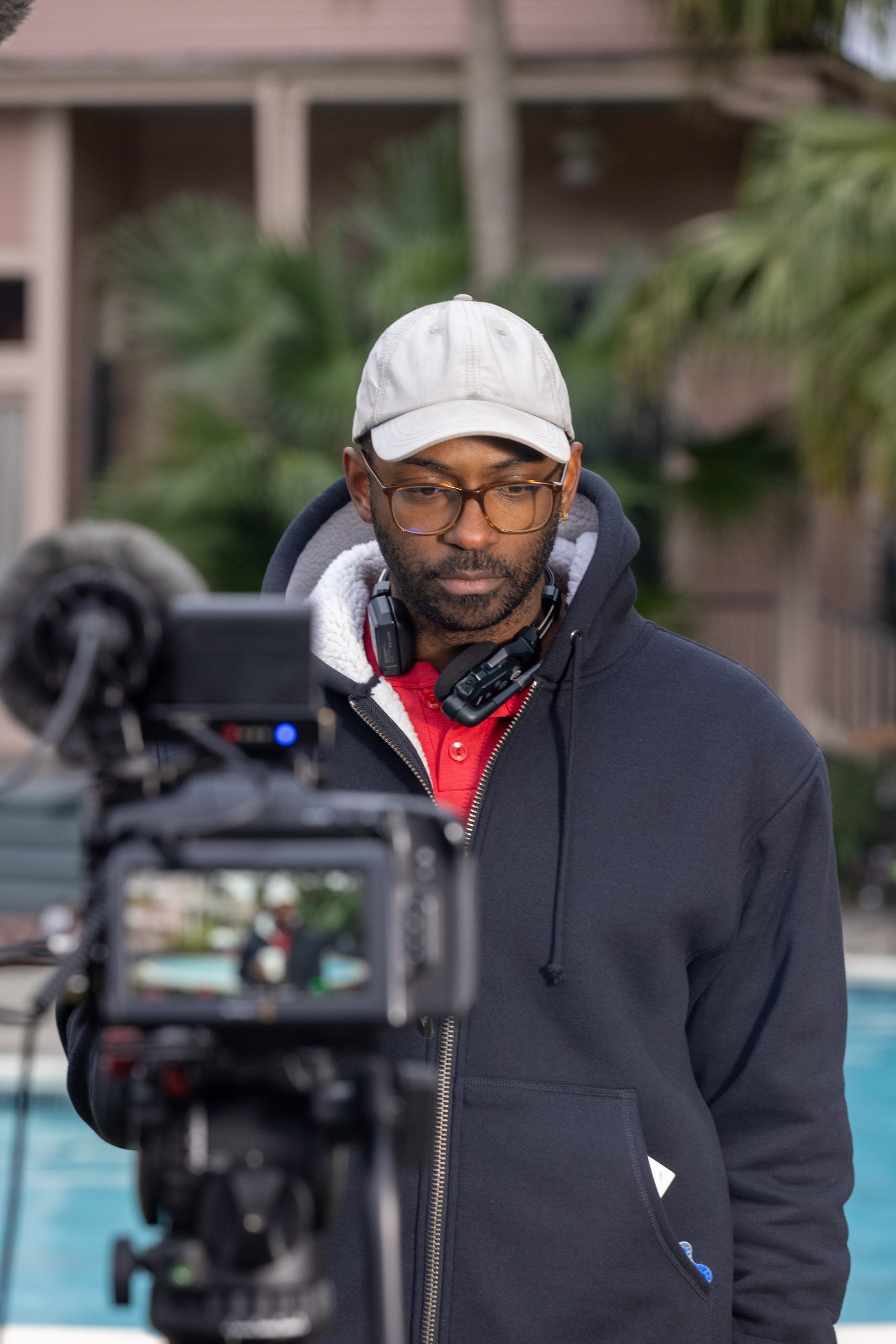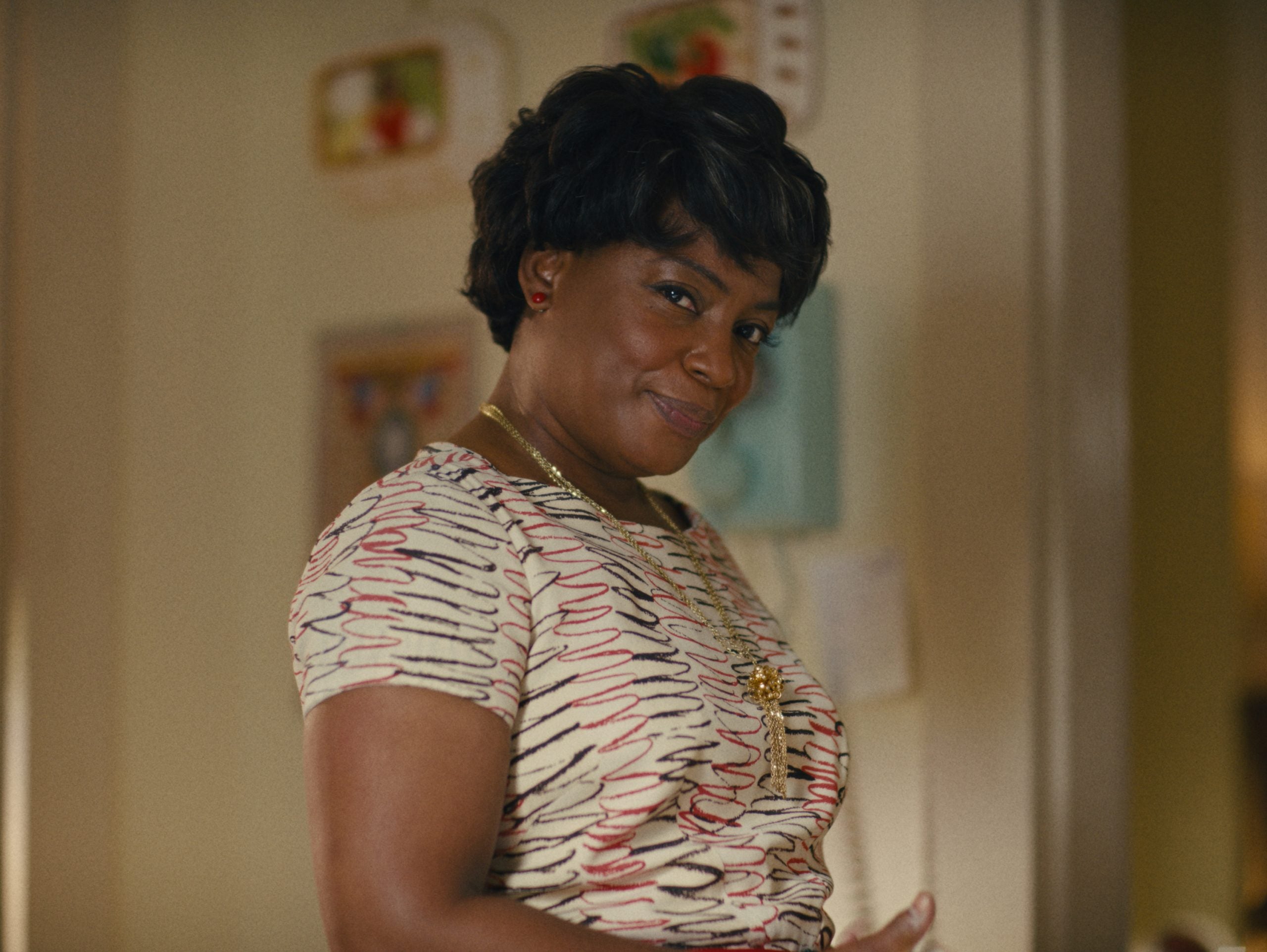
The Arthur G. Dozier School for Boys, once the largest juvenile reform institution in the country, operated in Florida for 111 years. During that time, it became infamous for its horrific abuses—beatings, rapes, torture, and even murder—inflicted on students by staff. For years, the school’s dark history remained largely unknown, until it garnered national attention upon the release of Colson Whitehead’s Pulitzer Prize-winning novel, The Nickel Boys.
Shortly after its release, the book found its way into the hands of filmmaker RaMell Ross, who felt a deep responsibility to bring its devastating story to the screen. “This was a real place,” he says, reflecting on the brutal institution and its long-buried atrocities.. “It closed in 2011, and bodies began to be exhumed in 2013. It’s wild that I hadn’t heard about it until I read The Nickel Boys. Dr. Erin Kimmerle, the forensic anthropologist that put together the Dozier document, spent many years exploring this and having it elevated to public awareness. So, the film is on the back of those things.”

Director RaMell Ross on the set of his film NICKEL BOYS, from Orion Pictures.
Photo credit: L. Kasimu Harris
© 2024 Amazon Content Services LLC. All Rights Reserved.
Adapting a novel—especially one as revered as The Nickel Boys—into a film is a demanding and delicate process. It requires striking a balance between honoring the source material and introducing a distinct cinematic vision. Filmmakers must navigate the challenge of condensing complex narratives to fit a structured runtime, making difficult decisions about what to omit while ensuring the story’s core essence remains intact. The pressure to remain faithful to a beloved book can be daunting, particularly when the novel has an established audience with deep emotional ties to the original work.
Ross faced this challenge head-on with Nickel Boys. Speaking about the adaptation, he reflected on the gravity of translating Whitehead’s story to the screen. “The expectations, even for the Biblio files of fidelity to the original source material to the novel, is something that’s terrifying for the filmmaker because of course the book comes with a following and it’s difficult to move something to a completely other medium,” he explains.
“But my co-writer and I, Joslyn Barnes—took an approach of distilling the book,” the Georgetown University graduate adds. “How do you look at Colson’s narrative in The Nickel Boys and essentially distill it to its essence? What makes it work? How do the characters interact? If you could reduce it to its simplest form, what would it be?” Ironically enough, It was through Dr. Martin Luther King’s Christian notion of love—”agape,” as it is said—was employed throughout his civil rights activism that assisted in the movie making process.

Aunjanue Ellis-Taylor stars as Hattie in director RaMell Ross’s NICKEL BOYS, from Orion Pictures.
Photo credit: Courtesy of Orion Pictures
© 2024 Amazon Content Services LLC. All Rights Reserved.
“The love from Hattie goes to Elwood and Elwood gives it to Turner, and then Turner takes it on in the future, it’s a very simple thread,” Ross tells ESSENCE. “But once you do that, you have the bones and then you can kind of attach any extra and the body becomes whatever you attach while still maintaining that sort of skeletal foundation.”
Hattie, Elwood’s grandmother, is a deeply grounding presence in Nickel Boys, offering her grandson unwavering love and stability despite the harsh realities of life in the Jim Crow South. As a hotel housekeeper, she works tirelessly to provide for Elwood, instilling in him both hope for the future and a cautious awareness of the world’s dangers. Aunjanue Ellis-Taylor brings Hattie to life, delivering a masterful performance that adds to the film’s gravity. Ellis-Taylor had long admired Ross’ work, having been profoundly moved by his 2018 documentary Hale County This Morning, This Evening, which explored Black life in rural Alabama. So struck by the film, she sought him out at Brown University to connect. Years later, when she learned he was adapting The Nickel Boys, she pursued the role before even reading the script, knowing instinctively that she had to be part of the project.
Ironically, while Ross was eager to convince Ellis-Taylor to join Nickel Boys, she had already made up her mind to be part of the film. Reflecting on their early conversations, he recalls trying to persuade her over Zoom, not realizing she had already said yes—a twist of fate that felt like a perfect alignment. “On the filmmaking side, myself and the producers knew that if we could have Aunjanue as Hattie, that the film had a chance to work because of her emotional range, obviously,” he says. “Her experience was really something—it was a must for that character. So we got really, really lucky to have her.”

Ethan Herisse stars as Elwood and Brandon Wilson as Turner in director RaMell Ross’s NICKEL BOYS, from Orion Pictures.
Photo credit: Courtesy of Orion Pictures
© 2024 Amazon Content Services LLC. All Rights Reserved.
At its core, Nickel Boys is a haunting, immersive film that lingers long after the credits roll. Its depiction of the Nickel school is so vivid that Elwood’s adult life—running a moving firm in New York and reflecting on unmarked graves—feels almost surreal. Avoiding sentimentality, Ross crafts a poetic, unflinching experience that captures both historical reality and the weight of trauma. Each frame is rich with emotion, pulling viewers into a world both cruel and eerily familiar, offering something deeply felt rather than just observational.
Ross doesn’t seek to deliver a neatly packaged lesson—he wants Nickel Boys to be felt. He believes true transformation doesn’t come from messages, but from experience—something visceral, something that lingers beyond words. “I think the best change in a person’s attitude or purview of the world—if change is even needed—comes from having an experience,” the Peabody Award honoree says.
“When you witness something first hand, when you feel it, it often defies language,” he continues. “I hope this film gives audiences a touch, a pinch, of what life could have been like in that time. And from that, you can’t predict the outcome. It might make someone shut down, it might bring someone closer to another person, or it might inspire someone to become an agent of change. But ultimately, I hope the film gives people an experience that only they can make use of.”
